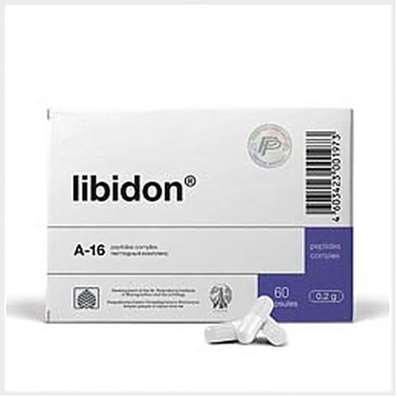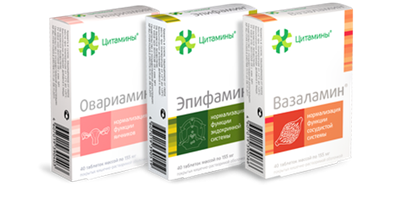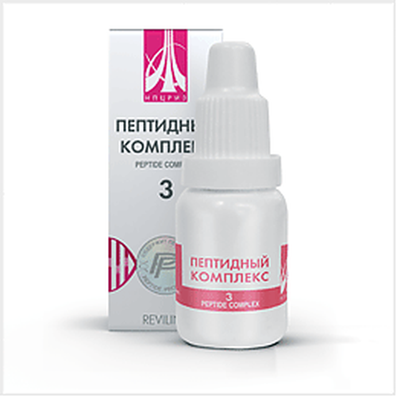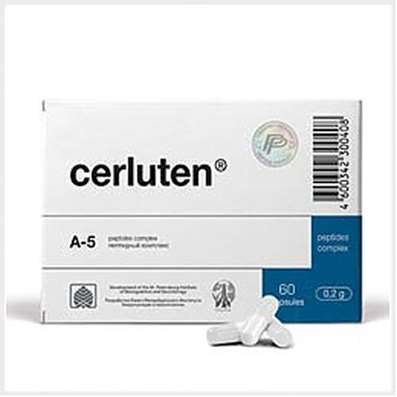Instruction for use: Daivonex
I want this, give me price
Active substance Calcipotriol
ATX code D05AX02 Calcipotriol
Pharmacological group
dermotropic means
Nosological classification (ICD-10)
L40.0 Psoriasis vulgaris
Psoriatic plaque, Vulgar psoriasis, Psoriasis vulgaris, Chronic vulgar plaque psoriasis
Composition
Cream for external use 1 g
active substance:
Calcipotriol monohydrate 52.2 μg
(equivalent to 50 μg calcipotriol)
auxiliary substances: macrogol cetostearate - 18 mg; cetostearyl alcohol (cetyl alcohol - 60%, stearyl alcohol - 40%) - 72 mg; Chloroallylmetamene chloride - 0.5 mg; glycerol 85% - 30 mg; disodium edetate dihydrate 0.5 mg; sodium hydrogen phosphate dihydrate - 2.5 mg; paraffin liquid (contains about 10 ppm alpha-tocopherol) - 60 mg; paraffin white soft (contains about 10 ppm alpha-tocopherol) - 150 mg; sodium hydroxide - q.s. to pH 7.5-9; water - up to 1 g
Ointment for external use 1 g
active substance:
calcipotriol 50 μg
auxiliary substances: alpha-tocopherol - 0.02 mg; macrogol stearate - 50 mg; propylene glycol 100 mg; disodium edetate dihydrate 0.065 mg; sodium hydrogen phosphate dihydrate 0.26 mg; paraffin liquid (contains about 10 ppm alpha-tocopherol) - 50 mg; water 26 mg; paraffin white soft (contains about 10 ppm alpha-tocopherol) - up to 1 g
Description of dosage form
Cream: homogeneous, white.
Ointment: translucent, from white to white with a yellowish tint of color.
pharmachologic effect
Pharmacological action - D-vitamin-like, antipsoriatic.
Pharmacodynamics
Calcipotriol is an analog of the active metabolite of vitamin D3. Stimulates morphological differentiation and suppresses the proliferation of keratinocytes, which underlies its therapeutic effect in psoriasis.
Calcipotriol is an inhibitor of T lymphocyte activation induced by IL-1. The effect of calcipotriol on calcium metabolism is 100 times weaker than with calcitriol.
Pharmacokinetics
Transdermal absorption of calcipotriol - from 1 to 5% of the dose. Calcipotriol undergoes rapid biotransformation in the liver with the formation of pharmacologically inactive metabolites. T1 / 2 is very short.
indications
Psoriasis vulgaris (including in combination with acitretin, cyclosporine or corticosteroids for ointments for external use).
Contraindications
hypersensitivity to calcipotriol and any auxiliary component of the drug;
diseases accompanied by a violation of calcium metabolism;
Children under 6 years (for ointments for external use) or 18 years (for topical cream).
With caution: hypercalcemia; hypercalciuria; hypervitaminosis of vitamin D; nephrolithiasis in the anamnesis; patients older than 65 years; acute renal and hepatic insufficiency.
pregnancy and lactation
The safety of the drug during pregnancy and lactation is not established.
It is not known whether calcipotriol is excreted in breast milk. Avoid use during pregnancy and lactation.
Side effects
Side effects are classified according to the frequency of occurrence: very often - ≥1 / 10; often - ≥1 / 100, <1/10; infrequently - ≥1 / 1000, <1/100; rarely - ≥1 / 10000, <1/1000; very rarely - <1/10000, including individual cases.
From the immune system: very rarely - allergic reactions, hives, angioedema.
From the side of metabolism: very rarely - hypercalcemia, hypercalciuria.
From the skin and subcutaneous tissues: often - skin irritation, rash (scaly, erythematous, maculopapular, pustular, bullous), burning sensation, dryness and scaling of the skin, itching, erythema, contact dermatitis; infrequent - exacerbation of psoriasis, eczema; very rarely - reversible hyperpigmentation, reversible depigmentation, reversible development of photosensitivity, periorbital edema or face edema.
Interaction
Diveonex® should not be used with topical preparations containing salicylic acid.
Dosing and Administration
Outwardly.
Cream for external use
Adults. Apply a thin layer of the cream on the affected skin areas from 1 to 2 times a day. The maximum daily dose should not exceed 15 g, the maximum weekly dose - not more than 100 g.
Therapeutic effect is observed after 1-2 weeks from the beginning of treatment. The course of treatment should not exceed 6-8 weeks.
Ointment for external use
Adults. Apply a thin layer of ointment on the affected skin 2 times a day. If necessary, the frequency of application of the drug can be reduced to 1 time per day.
The combined use of an ointment with acitretin or cyclosporin 2 times a day is effective and well tolerated. Combined use of ointments with corticosteroids is carried out according to the scheme, for example ointment - in the morning, corticosteroid - in the evening.
The maximum daily dose should not exceed 15 g, and the maximum weekly dose - not more than 100 g.
The therapeutic effect is usually observed after 1-2 weeks from the start of treatment. The duration of treatment is no more than 6-8 weeks.
Children. From 6 to 12 years - apply a thin layer of ointment on the affected skin 2 times a day. The maximum dose for a week is not more than 50 g; over 12 years - apply a thin layer of ointment on the affected skin 2 times a day, the maximum dose for a week - not more than 75 g.
Overdose
Symptoms: increased concentration of calcium in the blood (decreased concentration, fatigue, constipation, thirst, decreased muscle tone).
Treatment: withdrawal of the drug (the level of calcium in the blood serum is normalized after discontinuation of the drug).
special instructions
Do not apply Daynonex® to the face. To avoid contact with the skin of the face, the hands should be thoroughly washed after each use of the drug.
The administration of Duivonex® ointment to patients under the age of 18 is possible only by short courses and on the skin surface not exceeding 30% of the body surface.
Do not apply to large surfaces of lesions (more than 30% of the surface of the skin).
It is not recommended for use on extensive skin surfaces or in severe chronic psoriasis (due to increased absorption and increased risk of hypercalcemia). If there is a need for using these forms of psoriasis, then careful monitoring of the concentration of calcium in the blood and urine is required. Hypercalcemia can develop if the maximum weekly dose of calcipotriol is exceeded. With the withdrawal of the drug, the concentration of calcium in the blood quickly normalizes.
Dianonex® Cream contains cetostearyl alcohol, which can cause a rash (eg contact dermatitis).
During treatment with Daivonex®, doctors recommend that patients limit or avoid excessive exposure to natural or artificial sunlight.
Treatment can be combined with selective and PUVA phototherapy, as well as with UV light, if the doctor believes that the potential benefit outweighs the potential risk.
Influence on the ability to drive vehicles and work with machinery. Calcipotriol does not affect the ability to drive vehicles, mechanisms.
Form of issue
Cream for external use, 0,005%. In an aluminum tube lacquered from the inside, with a protective membrane and a screw-on PE cover, which has a spike on the outside for the first opening of the protective membrane, 30 or 100 g. 1 tube in a cardboard bundle.
Ointment for external use, 0.005%. In an aluminum tube lacquered from the inside, with a protective membrane and a screw-on PE cover, which has a spike on the outside for the first opening of the protective membrane, 30 or 100 g. 1 tube in a cardboard bundle.
Conditions of leave from pharmacies
Without recipe.
storage Conditions
At a temperature of no higher than 25 ° C.
Keep out of the reach of children.
Shelf life
2 years. After opening the tube - 6 months.
Do not use after the expiry date printed on the package.

 Cart
Cart





